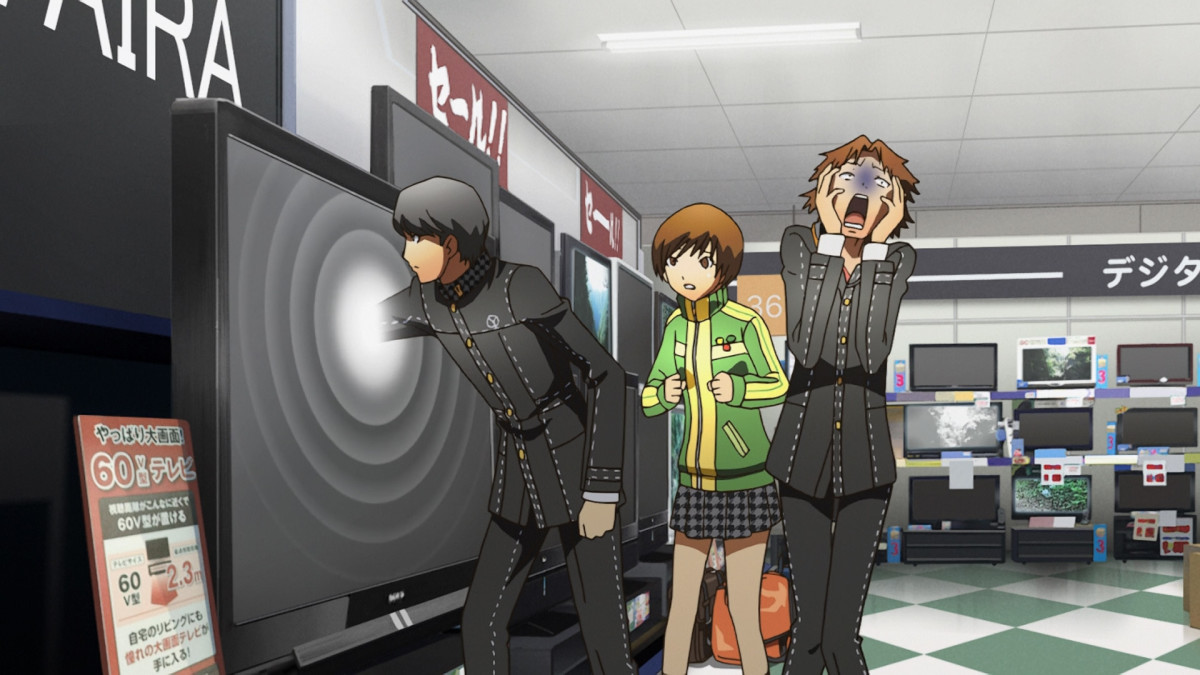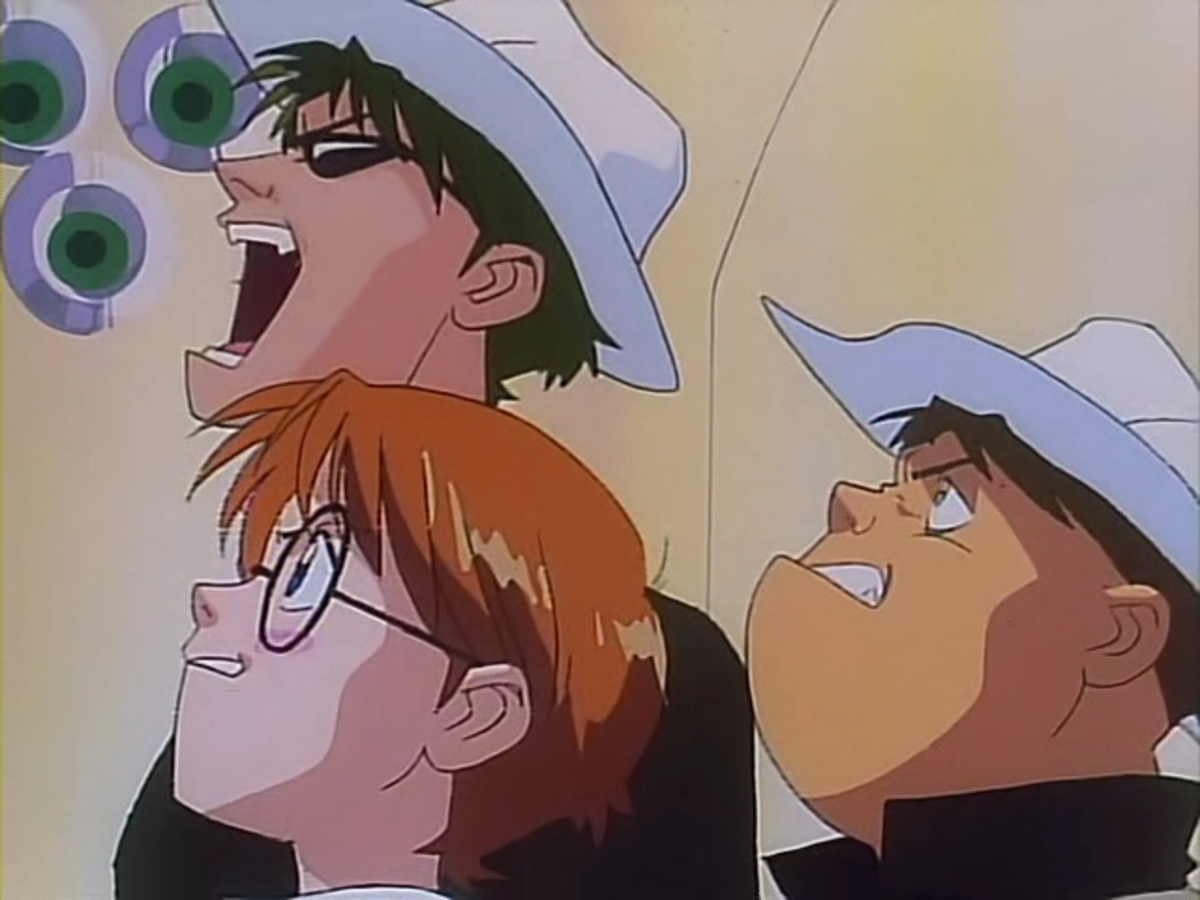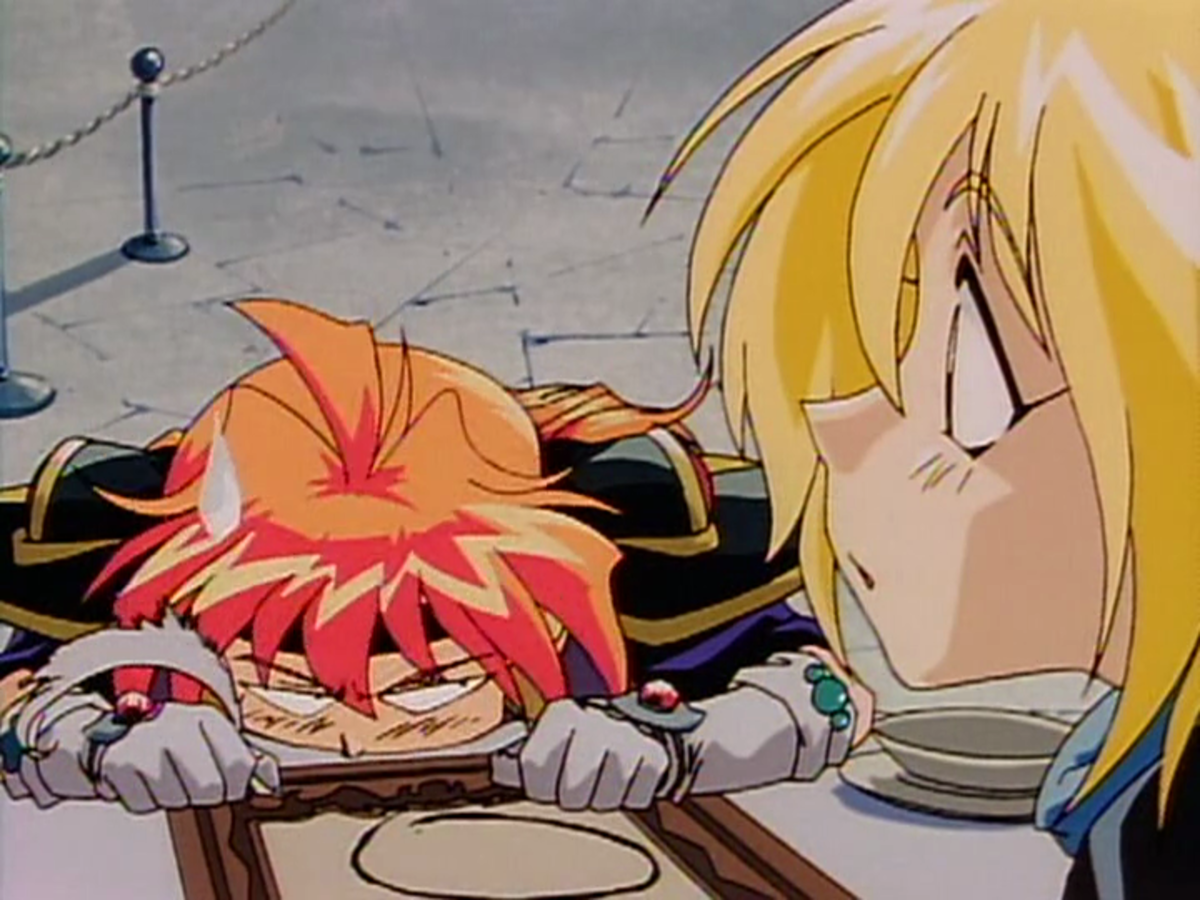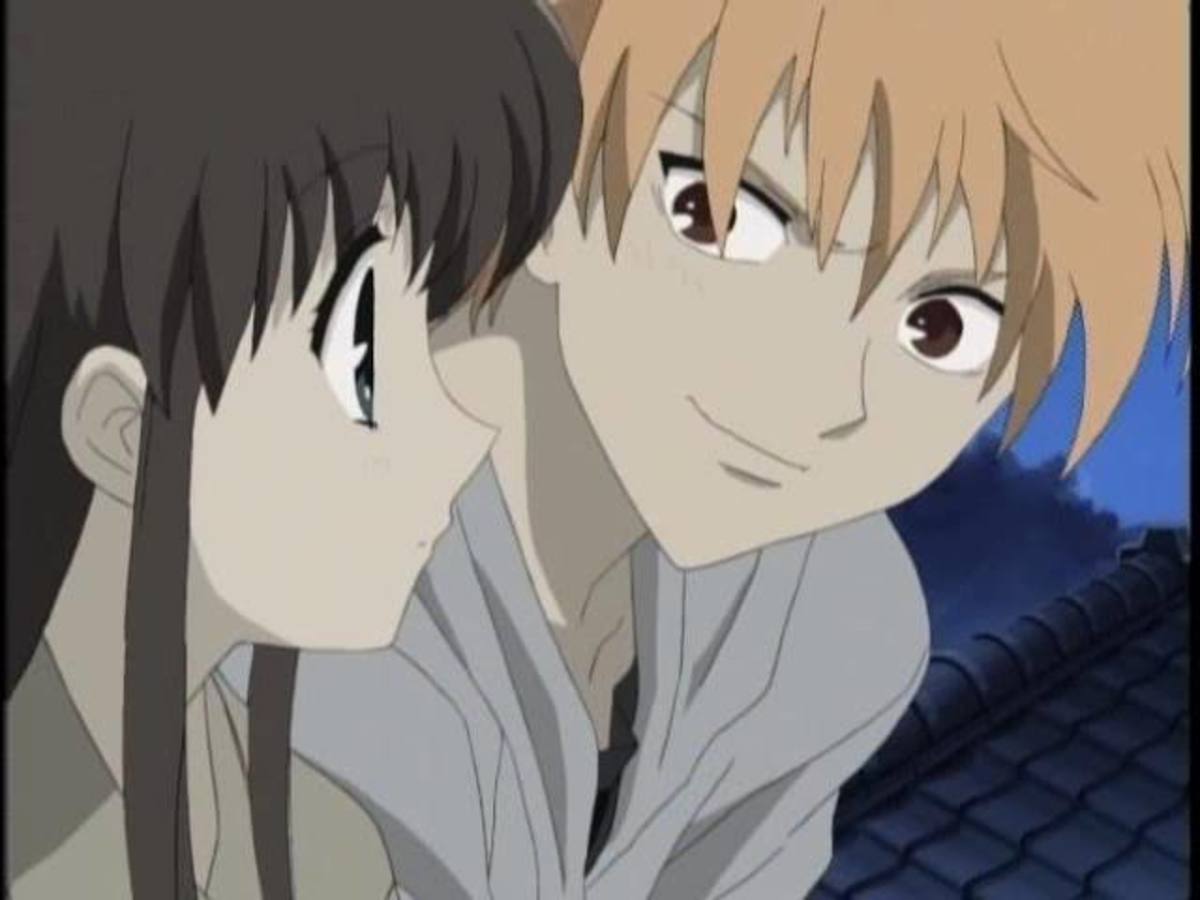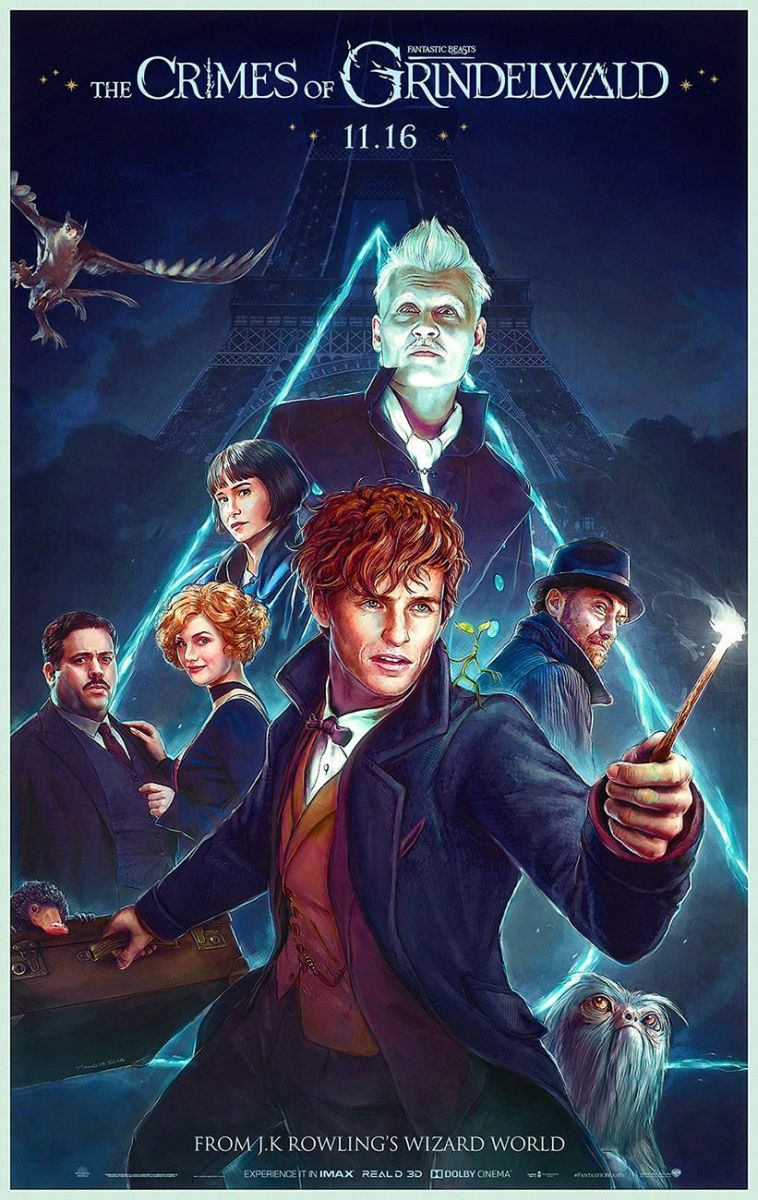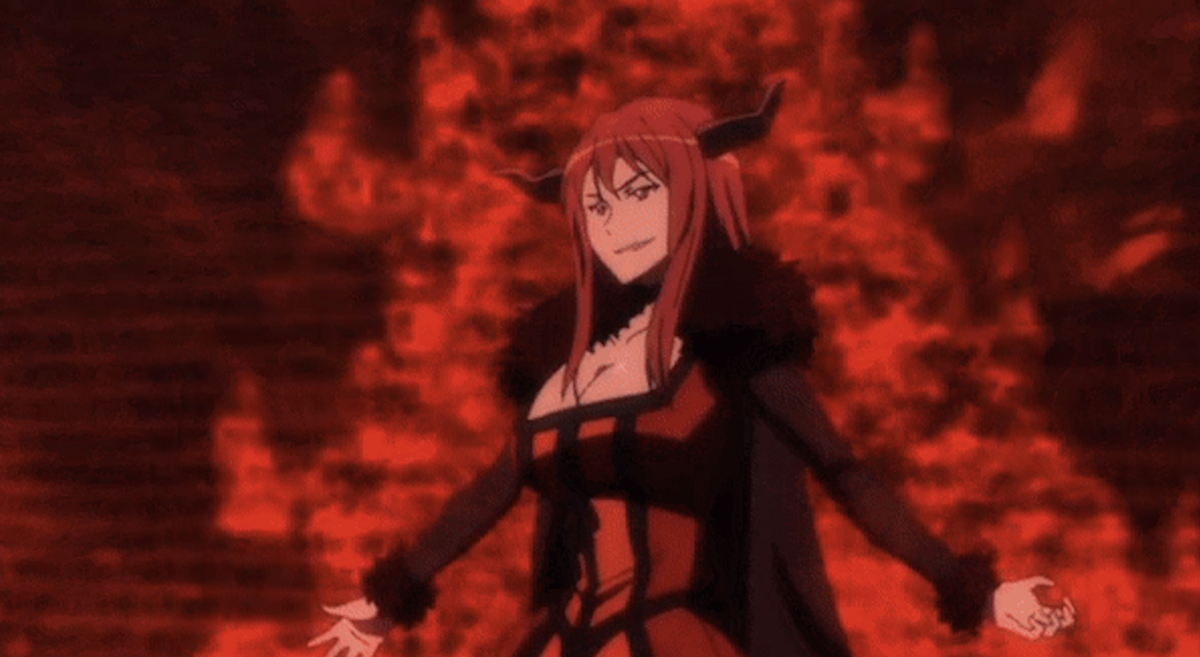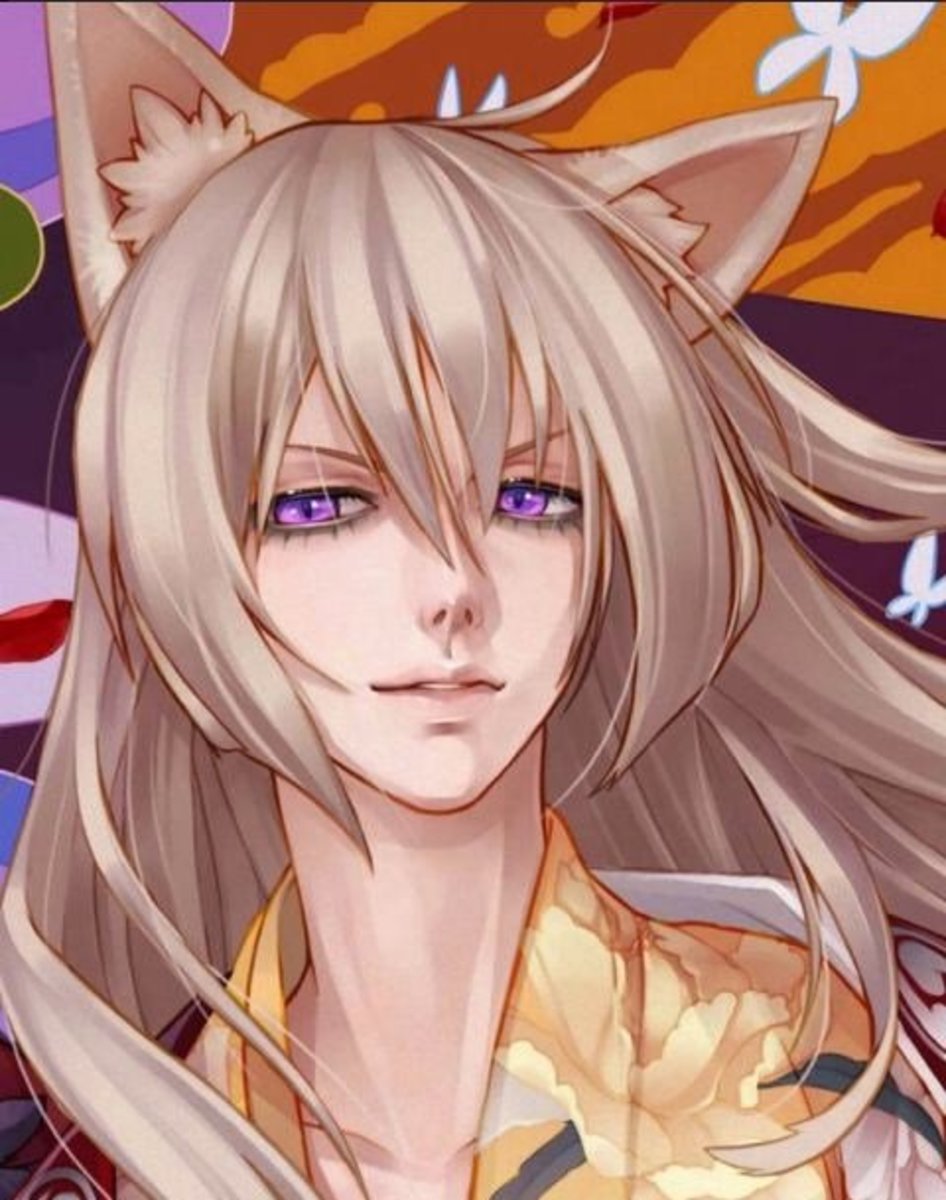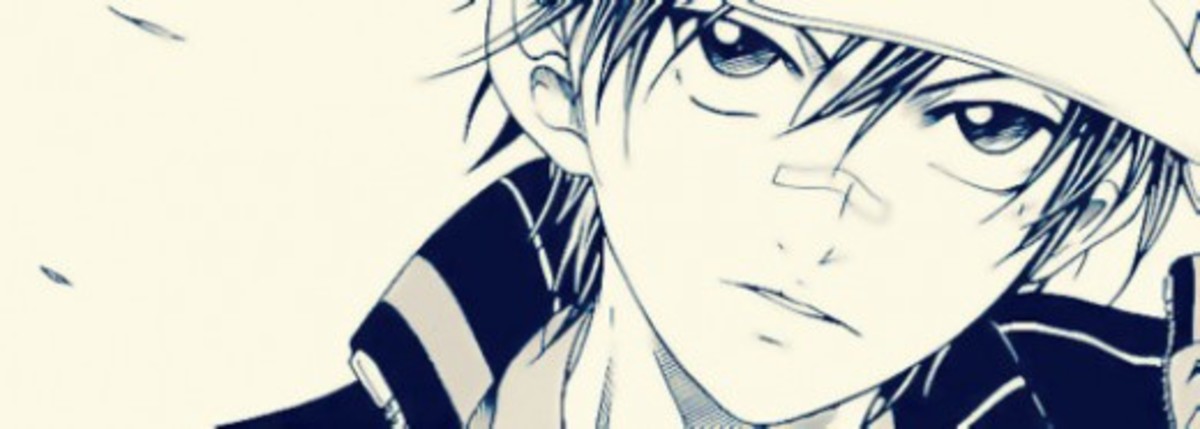Anime Reviews: The Place Promised in Our Early Days
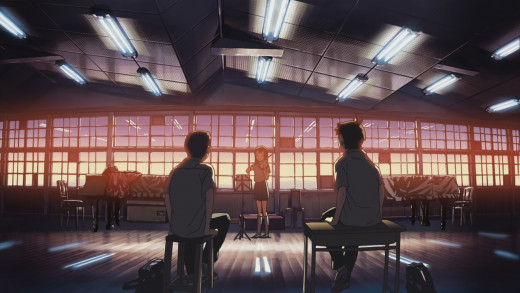
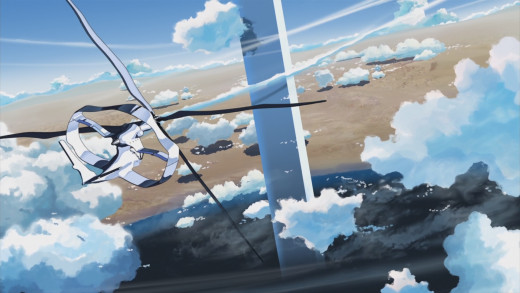
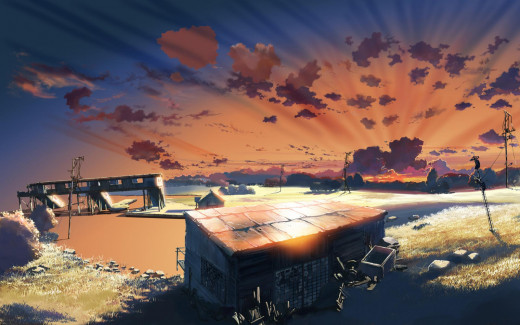
Makoto Shinkai's first foray into feature-length films is a rocky one, as Place Promised delivers a powerful and poignant story in a poorly-established setting.
Title: The Place Promised in Our Early Days a.k.a. Kumo no Mukou, Yakusoku no Basho a.k.a. Beyond the Clouds, the Promised Place
Genre: Drama/Romance
Production: CoMix Wave, Inc.
Film Length: 91 minutes
Air Dates: 11/20/2004
Age Rating: 7+ (dark or disturbing thematic elements)
Summary: In 1974, Japan was split in two when Hokkaido was captured and occupied by the Soviet Union, whereas the rest of the country has allied with the United States to form the Alliance, with various militant rebel groups hatching schemes to oust the Soviet Union and unify Japan once more. Several decades later, two intelligent and enterprising middle-school boys named Hiroki and Takuya have undertaken a special mission: They found the remains of an abandoned maritime self-defense drone they've named the Bellaciela, and with the money they earn working at a local factory, they're going to repair it and fly it to the several-mile-high Union Tower. Unwittingly, the two reveal their plan to the girl they both like, Sayuri, and it's decided that, when the Bellaciela is finished, the three of them will fly to the promised place: the Union Tower.
The Good: Breathtaking background art and soundtrack; the characters, the main story, and the emotional payoff
The Bad: Setting and side story poorly explained; character art lacks style; too much narration and techno-babble
The Ugly: Hilarious Engrish ruins some tense moments
With the monumental one-two punch of She and Her Cat and Voices of a Distant Star, I was beside myself when I heard the news that Makoto Shinkai would be releasing a full-length film. And then I bought it and saw it. And then I was confused. The Place Promised in Our Early Days was exactly what I expected it to be, but at the same time, it was also the furthest thing from what I expected it to be. And even now, years later, this film gives me the exact same, perplexing feeling. Clearly, in order for me to make any sense here, I'm going to have to explain myself, so let's go.
Beginning as I always do, we'll start off with the good stuff, and there is plenty of good to be found here. For example, the backgrounds. Every time I watch a Makoto Shinkai production, he always manages to blow me away with scenery porn, and this time is no different. At times, all it takes for the film to overwhelm me is a single shot of a valley lit by the sunset, and it hits me in a way that I can barely understand. Sometimes, the imagery can move me to tears, it's that good. Clearly the increased budget was put to good use.
Likewise, the soundtrack is truly a thing of beauty. Once again, songwriter Tenmon is behind it all, and it seems like she's just filled to the brim with wonderful melodic ideas, especially considering she knows exactly how to complement the mood of every scene her work appears in. The main theme, for example, is an airy orchestral piece that perfectly conjures up an image of carefree childhood. Other tracks include the contemplative "Purity," the more melancholy and heartfelt "A Time of Reunion," the subdued and peaceful "Sayuri's World," the wonderfully dramatic title track, and of course, the requisite touching ending theme, "Your Voice." Last, but certainly not least, my personal favorite of the soundtrack is easily "Sayuri," a beautiful, almost ephemeral, tune that simply speaks for itself. Have I mentioned that I love this soundtrack? Because I love this soundtrack.
Of course, aesthetics mean nothing if the narrative fails, so how do the story and characters hold up? That's...a tricky subject, actually. First of all, the characters are really well-developed, despite little screentime being devoted to their development; this is because Makoto Shinkai is really good at making very quick, but also very important character scenes. In the span of maybe 2 minutes, you learn more about the characters in a scene than other directors could tell you in 15 minutes. Shinkai just straight-up doesn't beat around the bush.
In terms of the story, the main plot (the three reaching the Union Tower) is easily where the film's greatest strengths lie. These portions of the film are when the characters get their development, but also when the mystery of the tower and of Sayuri's dreams build towards the grand finale. To put it bluntly, it's during those scenes where I was plastered to the screen, entirely hooked. The emotional payoff of the ending is, without a doubt, the film's single-most shining moment, and it is all at once heart-wrenching and heartwarming, What also makes those final moments great is that there is a great deal of openness--it's not the end, but rather a new beginning, so to speak--and given the themes present in the film, it becomes even more poignant. I highly encourage you to see the film just for this ending, it is that good.
That's all fine and good, but the bad news here is that The Place Promised in Our Early Days has a lot of issues, and the biggest one is its setting. Very little is ever explained, and crucial plot points cruise right by if you're not filled in beforehand. The fact that "the Union" is actually the Soviet Union is something never once mentioned in the film, but you'd only know if you happen to live in Japan and have the promotional material. And that's not the only thing the film leaves to be explained in outside sources, so if you find yourself scratching your head wondering why the factory boss, Okabe, is suddenly involved with the resistance, you won't find out either until the final act or just plain not at all.
The side story (the business about parallel worlds and the purpose of Union Tower, as well as the political goings-on) is not dealt with much better. It's a shame, because I was really interested in side characters like Okabe, Maki, and Tomizawa, but the plot surrounding them just feels extraneous and tacked-on. It's at this point that it feels like the film was meant to be another half-hour film like Voices of a Distant Star, but the bigger budget and ambition led Shinkai to triple the film's length and add in all the sci-fi and political material. I won't stand here and say that the side story is terrible, per se, but it's most certainly weak compared to the main story.
This is more of a nitpick, but the character art could've been a lot better. While it's certainly an improvement over Shinkai's previous films, there's just no unique style or charm to these designs--they're about as plain and generic as it gets. Once again, not terrible, but weak. Considering the amount of love and effort that went into the backgrounds and music, you'd think some would've been given here, as well.
Finally, there's just too much talking in this film. Not the usual kind, mind you, but techno-babble and narration. Too much time is spent with the physicists talking about the effects of the parallel worlds and the distortion radius and the brainwave hoopity-poopity that my brain just turned off and my eyes glazed over simply recalling it. Not much to say, it just makes a lot of those scenes boring. Also, Hiroki's narration is largely unnecessary--sure, it has its purpose in the first third of the film, but after that, it's superfluous. When Hiroki falls into a slump and wastes away his days with meaningless activity, I don't need his incessant narration telling me he's wasting away his days with meaningless activity; that's why you're showing it, so that you don't have to tell me about it, dammit all. It's just an annoyance that bogs down a lot of the second act.
I may have done a lot of complaining just now, but don't be fooled: The Place Promised in Our Early Days is still a good movie. It's just that my sky-high expectations were brought low by a bunch of nagging imperfections that could have easily been ironed over with another draft or two. At the very least, all the things that make Makoto Shinkai's works special (beautiful backgrounds, touching music, a poignant love story of loss and separation, and peerless direction) are out in full force in this film, and that's more than enough reason to give it a watch. And then you can comfort yourself with the knowledge that this is the worst thing Makoto Shinkai has released, and it's still full of greatness.
Final Score: 7 out of 10. The Place Promised in Our Early Days delivers a powerfully resonant romance accompanied by gorgeous music and backgrounds, as per usual, but the poorly-established setting and weak sci-fi elements are hard to ignore and ultimately prevent it from being all it could be.

